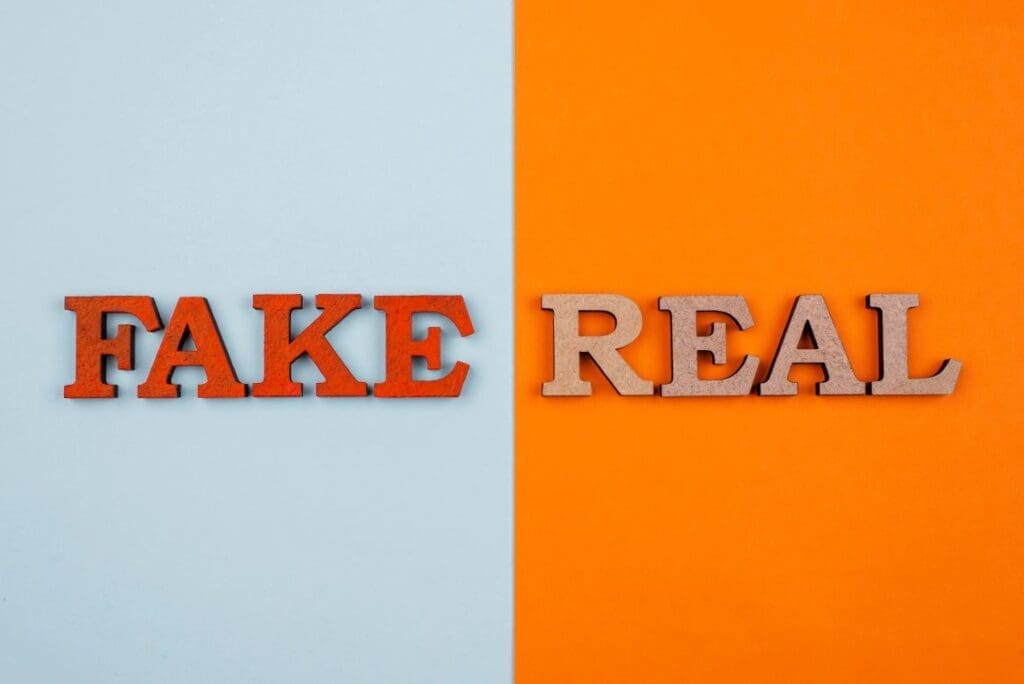People with high levels of mistrust or credulity may struggle to recognize fake news, leaving them more vulnerable to conspiracy beliefs and vaccine hesitancy, according to a study by researchers at University College London.

The findings, published in PLOS Global Public Health, explores how these traits impact susceptibility to misinformation.
The concept of epistemic trust, which involves the readiness to accept knowledge as reliable and relevant, is central to the study. When disrupted, epistemic trust can lead to mistrust – avoiding or rejecting communication – or credulity, where individuals accept information without sufficient scrutiny. Both of these disruptions can undermine psychological resilience and social functioning.
To understand these effects, the researchers conducted two studies involving 705 and 502 participants in the U.K., respectively. Participants completed online questionnaires assessing their ability to discern fake news, susceptibility to conspiracy theories, and vaccine hesitancy. The findings revealed that people with high credulity struggled to differentiate fake news from real information and were more likely to affirm false COVID-19-related claims. Mistrust and credulity were also linked to a stronger belief in conspiracy theories and hesitancy toward vaccination.
Childhood adversity appeared to influence these tendencies, with mistrust and credulity mediating the relationship between early life experiences and difficulty identifying misinformation. Although the study did not establish causal relationships, it highlights the need for public health interventions to address both mistrust and credulity directly.
“The study sought to explore social-cognitive processes associated with two of the most urgent issues of global public health in the contemporary digital era: the alarming spread of fake news and the breakdown of collective trust in sources of information,” the authors stated. “Our research seeks to explore possible psychological mechanisms at work in shaping individuals’ responses to public information.”
Journal Reference:
Tanzer M, Campbell C, Saunders R, Booker T, Luyten P, Fonagy P, ‘The role of epistemic trust and epistemic disruption in vaccine hesitancy, conspiracy thinking and the capacity to identify fake news’, PLOS Glob Public Health 4 (12): e0003941 (2024). DOI: 10.1371/journal.pgph.0003941
Article Source:
Press Release/Material by PLOS
Featured image: Mistrust is associated with conspiracy thinking and vaccine hesitancy. Credit: Roman Kraft | Unsplash



